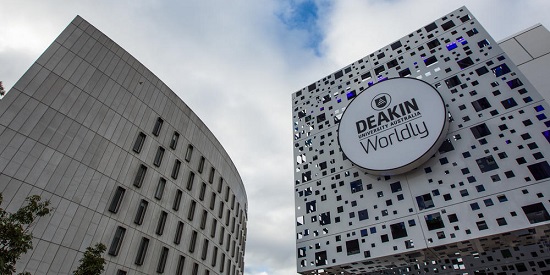Have memes become the new political cartoons?
Media releaseProfessor Marshall, Professor and Personal Chair in New Media, Communication and Cultural Studies, said the flood of memes disrupting global social media accounts last week as people raced to respond to the U.S. Presidential Election result showed the rise of memes in political discourse.
“Like the political cartoon, which goes back two centuries to Punch magazine in the 1850s, political memes are a way for people to look at politics but to look at it askance, a little bit off centre, and that is pleasurable,” Professor Marshall said.
“This is a pattern of the relationship to politics that has always been there in democracies. Humour and comedy are always ways in which – no matter whether you’re living in a very oppressive regime or a democratic regime – people can connect without committing themselves to a full-on opinion.
“That’s one of the attractive things about creating and sharing memes – they offer a sense of personal connection and a way to instantly show your interest in an issue from a slightly removed point of view.”
Professor Marshall explained that the rapid dissemination of Trump memes once the election result became clear - and more recently with the rise of the Obama/Biden memes - could also be a reaction to feelings of uncertainty.
“With Brexit and now Trump’s election, we’re in an era of major political turbulence,” Professor Marshall said.
“The memes could be connected to that moment of not knowing what you should believe or where you should belong and how you should relate to something that is so strange.”
Professor Marshall, editor of the Persona Studies Journal on political persona, explained memes are also a great way to fit into the game of the ‘attention economy’.
“In a way, Trump doesn’t mind that there are memes made of him because that produces more attention,” Professor Marshall said.
“Just like Trump did on 14 seasons of The Apprentice, he played a kind of villain role during the election that guaranteed maximum attention.
“He is as much part of a structure of power as anyone else but by presenting himself as an outsider, underdog, and anti-hero disliked by the mainstream or legacy media - in the same way that reality TV seeks to create heroes and villains - he was able to take the media spotlight like no one else.”
According to Professor Marshall, memes will overtake political cartoons as the political discourse of choice online during future political campaigns.
“You only need to look at the fact that Hillary Clinton commissioned someone specifically to create memes around her campaign to realise that memes wield a great deal of power,” Professor Marshall said.
“We’re seeing a big change in the way that information, in this case, political information, moves. We’re also moving into a transitional space and I think there will be incredibly successful teams of people creating political memes moving forward. It will turn into a kind of structured business that will be personalised, unlike political cartoons.”
Share this story

